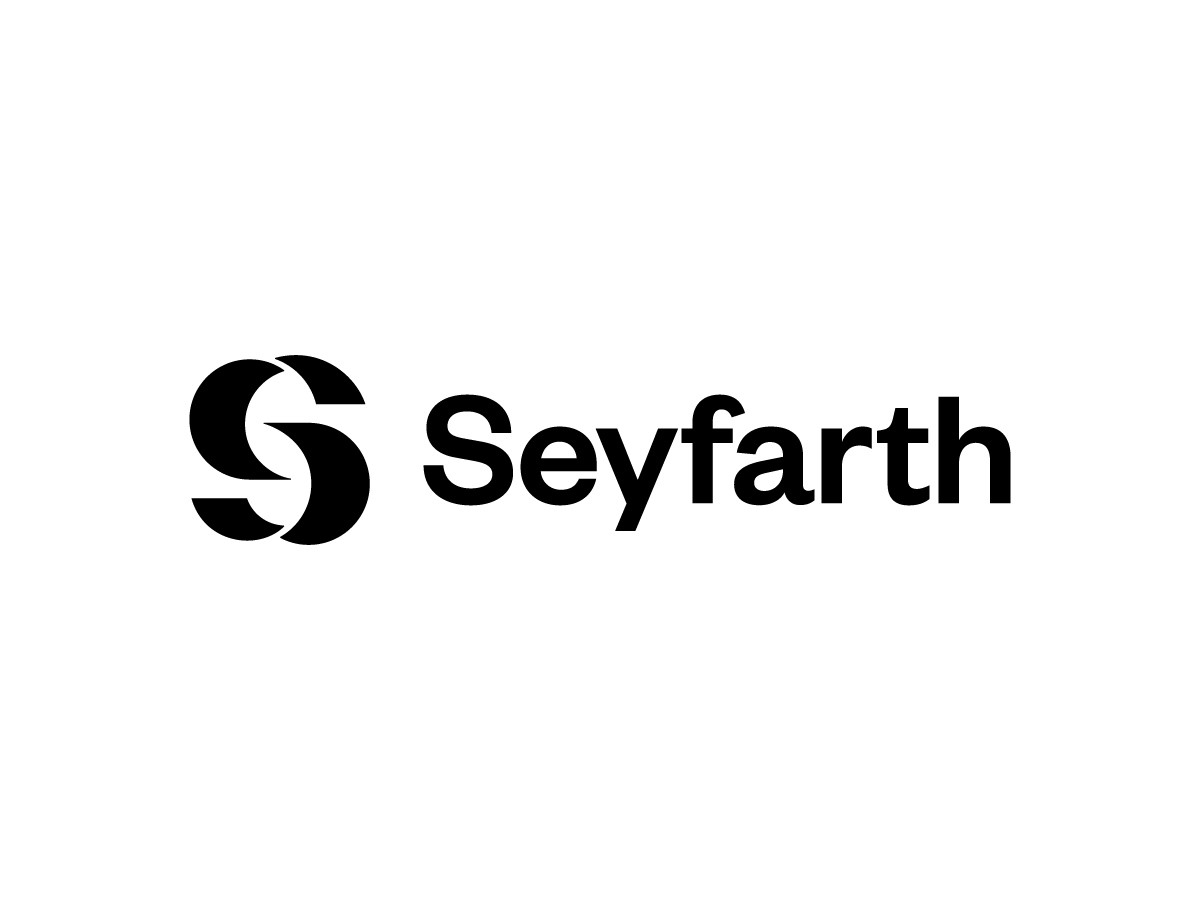Cisco Wins on Remand from CAFC in High-Profile Case with Centripetal
“The district court found that, for each of the patents, Centripetal failed to show that Cisco’s technology performs each of the limitations in the patent claims.”
Centripetal Networks was dealt a blow by the U.S. District Court for the Eastern District of Virginia yesterday when the court ruled that it had failed to prove that Cisco infringed three of its patents. It’s a years-long case that the court referred to as having an “unusual history.”
The district court first entered one of the highest damages awards ever issued in a patent case, following a 22-day bench trial. In an opinion authored by the late Judge Henry Coke Morgan, Jr., the court found that Cisco willfully infringed four out of five of Centripetal’s asserted patents and awarded enhanced damages in an amount of $755,808,545 (enhanced by a factor of 2.5X), and prejudgment interest in an amount of $13,717,925, which resulted in a total past damages award amount of $1,903,239,288. In addition, Judge Morgan ordered Cisco to pay Centripetal a running royalty of 10% on the apportioned sales of the accused products and their successors for a period of three years, followed by a second three-year term wherein the running royalty would be 5% on such sales.
But in something of a twist, Cisco moved for recusal of Judge Morgan due to his wife’s ownership of $4,687.99 in Cisco stock. While the case was still pending, Judge Morgan had learned that his wife owned the stock while preparing his 2019 financial disclosure report to the judiciary. He sent an email notifying the parties of this on August 12, 2020, stating that “at the time he was informed of the existence of the stock, a ‘full draft of [his] opinion [on the bench trial] had been prepared’ and ‘[v]irtually every issue was decided prior thereto’ and that the “shares did not and could not have influenced [his] opinion on any of the issues in th[e] case.’” Centripetal said it had no objection to the judge continuing to preside, but Cisco filed a motion for recusal.
The judge heard oral arguments on the motion, during which he explained that he did not sell the stock because he had “’already strongly indicated that [he] might be considering awarding damages in the case’ by ‘ask[ing] for additional evidence on damages…and that might mean that [the final] judgment would have an adverse effect upon Cisco’s stock.’” Instead, he placed the stock in a blind trust and was to be notified when the trust assets had been completely disposed of or when their value became less than $1,000.
in June of 2022 the CAFC vacated the decision, finding that Judge Morgan was disqualified from hearing the case after becoming aware of his wife’s ownership the stock. The CAFC ultimately reversed the district court’s denial of Cisco’s motion for recusal and vacated all orders and opinions of the court, including the final judgment in favor of Centripetal, and remanded the case for “further proceedings before a newly appointed judge, who shall decide the case without regard for the vacated opinions and orders.”
In December 2022, the U.S. Supreme Court denied certiorari of Centripetal’s petition asking the Court to consider the question “[w]hether placing stock in a blind trust satisfies [28 U.S.C.] §455(f) and, if not, whether…[it] constitutes harmless error under Liljeberg v. Health Services Acquisition Corp., 486 U.S. 847 (1988).”
In related Patent Trial and Appeal Board (PTAB) proceedings, Centripetal filed for recusal of the administrative patent judge (APJ) presiding over the inter partes review proceedings Cisco had brought against its patents, but the PTAB issued an order denying the motion and finding that the APJ’s financial interests did not violate the executive branch employee ethics rules to which APJs are subject during PTAB proceedings.
Yesterday’s district court decision comes after remand from the CAFC and pertained to U.S. Patent Nos. 9,203,806, 9,500,176 and 9,686,193. The court found that, based on the evidence, Centripetal had failed to prove infringement by a preponderance of the evidence because, for each of the patents, Centripetal failed to show that Cisco’s technology performs each of the limitations in the patent claims. The court therefore entered partial final judgment in favor of Cisco.
Eileen McDermott
Eileen McDermott is the Editor-in-Chief of IPWatchdog.com. Eileen is a veteran IP and legal journalist, and no stranger to the intellectual property world, having held editorial and managerial positions at […see more]







